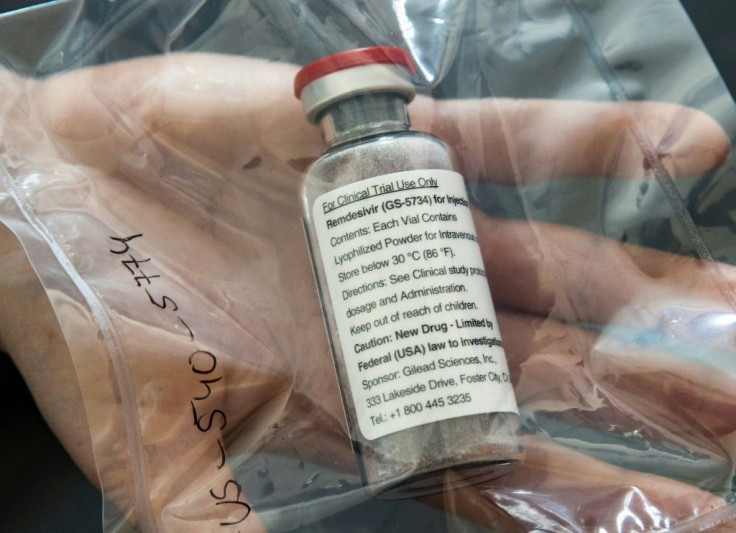Study: Remdesivir, Hydroxychloroquine Among Unhelpful COVID-19 Drugs
KEY POINTS
- A large, randomized trial from the WHO indicates that Remdesivir, Hydroxychloroquine, Lopinavir and Interferon-β1a do not help COVID-19 victims
- The results contradict a study by Remdisivir producer Gilead Sciences which showed improvement only among patients just starting ventilation
- The WHO trial is not yet peer-reviewed, but if verified would be a blow to Gilead's results
A randomized trial by the World Health Organization indicates that four drugs repurposed to fight COVID-19 infections have no definite effect on mortality, odds of requiring a ventilator, or the duration of hospital stays.
The WHO study looked at Remdesivir, Hydroxychloroquine, Lopinavir and Interferon-β1a. None of them delivered significant improvement, and all but Remdesivir showed slightly worse outcomes than controls. Earlier this year, Hydroxychloroquine was touted by President Donald Trump as a cure but later disavowed after some studies showed it actually made patients worse.
The findings contradict those of Remdesivir producer Gilead Sciences, who published a study on Oct. 8 indicating that that drug significantly reduced mortality among patients who just began oxygen support, although the effect was not replicated among other groups they studied. Remdesivir was among the drugs administered to Trump after he contracted COVID-19.

The study used a randomized trial with 11,266 volunteers, a diverse population stretching across 405 hospitals in 30 countries. Each drug was compared against a control group. None of them delivered better results at all apart from Remdesivir, which even then only showed a 5% improvement.
A 5% improvement is not considered significant. And, Hydrochloriquine produced slightly worse outcomes than doing nothing.
There is one note of caution in these findings: they are yet to be peer-reviewed, unlike Gilead Sciences’ study. If they are checked, however, they would be a substantial blow to Remdesivir’s reputation. Gilead’s trial used less than 10% of the volunteers of the WHO, and the lack of an overall reduction in mortality suggests that the positive results among those just starting ventilation could be a fluke.
After Gilead’s study, it touted Remdesivir as a drug to prevent people from “getting sicker.” CEO Daniel O’Day told CNBC the day after publication: “These results are meaningful. They’ll definitely help patients around the world who have the misfortune of entering into the hospital to get better, and I’m really pleased to say that we have ample supply.”
Gilead Sciences has said it has deals with 37 European countries to provide up to 500,000 courses of Remdesivir. It’s unknown how these results might affect that business.
A true, unquestioned vaccine for COVID-19 remains out of reach for now. While Russia has rushed two potential vaccines to production with a third on the way, the U.S.’s strict safety and effectiveness requirements have pushed delivery of a potential vaccine past the November election, to Donald Trump's dismay.
What's more, several potential COVID-19 vaccines have run into trouble during phase three testing.
© Copyright IBTimes 2025. All rights reserved.





















